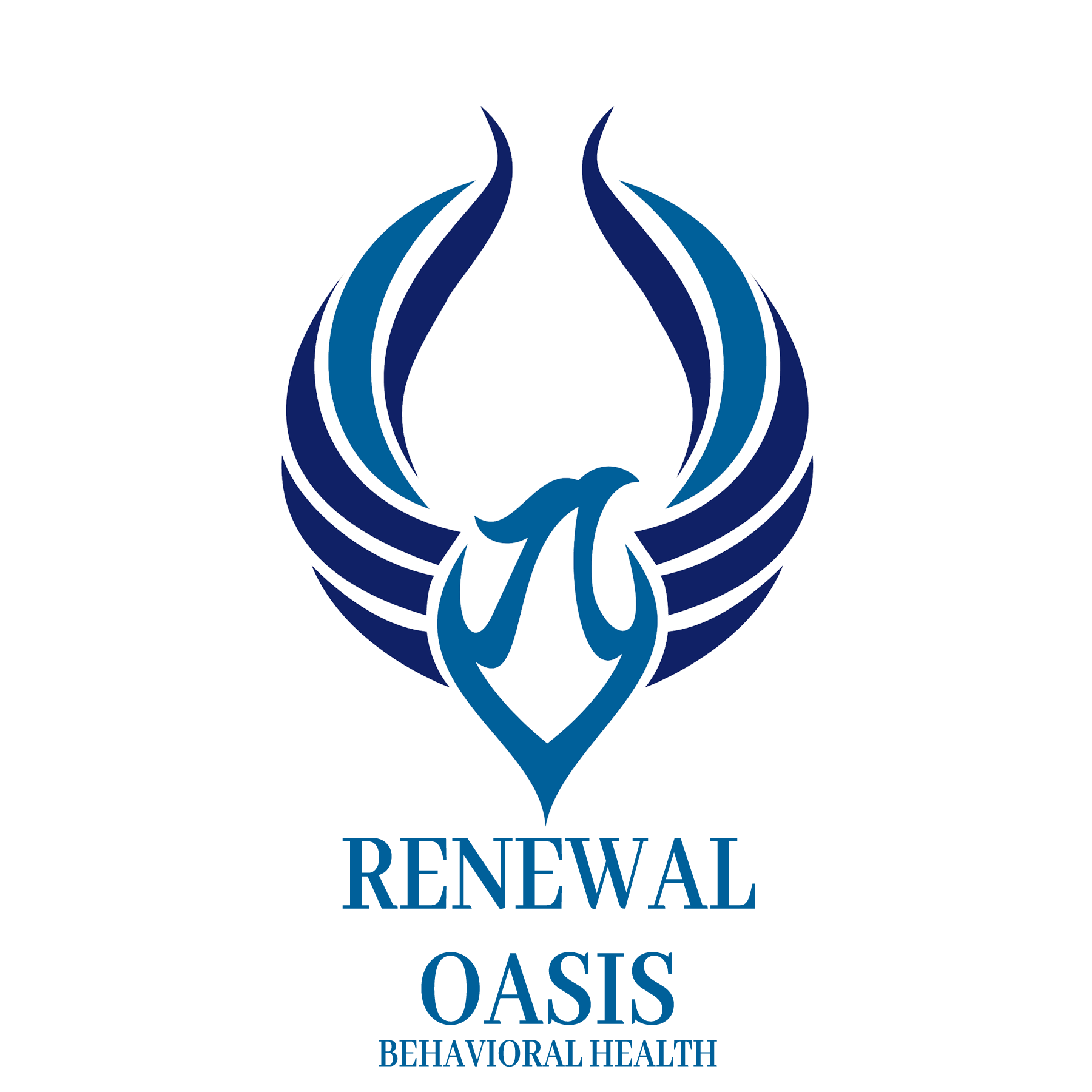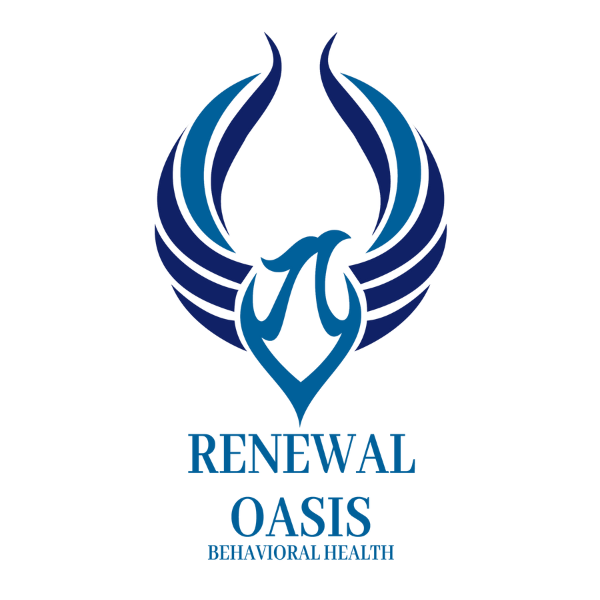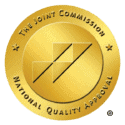For many people, the idea of being invited to a party or gathering with friends for a social event is a fun and welcome event. For others, it causes stress and worry. Why the difference? Some people struggle with having a social anxiety disorder, and this makes it difficult to enjoy several kinds of social activities. Renewal Oasis understands this type of mental health disorder causes a lot of difficulty in a person’s life. They often want to hang out with their friends or go to a party or other social activity but are overwhelmed with anxiety at the idea of doing so. We provide both outpatient and residential treatment that helps people learn to overcome their anxious feelings and enjoy being a social person again.
What is Social Anxiety Disorder?
 Social anxiety disorder is a type of anxiety disorder that used to be called social phobia. Someone who has it feels a great deal of stress and anxiety when it comes to participating in social events. This can include being around others in their own homes, at other people’s houses, and public gathering spots. Approximately 15 million American adults have a social anxiety disorder. It can have a great deal of impact on a person’s ability to have relationships, interact with loved ones, and do well in their careers.
Social anxiety disorder is a type of anxiety disorder that used to be called social phobia. Someone who has it feels a great deal of stress and anxiety when it comes to participating in social events. This can include being around others in their own homes, at other people’s houses, and public gathering spots. Approximately 15 million American adults have a social anxiety disorder. It can have a great deal of impact on a person’s ability to have relationships, interact with loved ones, and do well in their careers.
Signs & Symptoms
The signs of having a social anxiety disorder typically begin during childhood or the early teen years, although it can develop later in life for some. Some of the common symptoms include:
- Turning down invitations to social events
- Avoiding activities a person would like to attend because they fear having a high level of anxiety
- Fear of meeting new people
- Isolating
- Making excuses to avoid going out
- Presuming other people will judge the person negatively
- Experiencing panic attack-type symptoms when in a social situation
Causes of Social Anxiety
A primary cause of social anxiety is related to a person experiencing a traumatic event or series of events. When the issue of trauma remains unresolved, it can resurface as a social anxiety disorder or other mental health disorders, such as depression or PTSD. For some, there may not be an obvious reason they developed their disorder.
Is Social Anxiety Genetic?
Social anxiety disorders can be genetic in nature, or at least partly attributable to genetics. Many types of mental illnesses run in families. When a relative has dealt with an anxiety disorder, their loved ones have an increased likelihood of developing their own.
Social Anxiety Quiz
We have created a quiz to help you understand if you may have a social anxiety disorder. Answer each question with one of these choices: yes, sometimes, or no.
- I avoid attending social situations because they cause me great anxiety.
- When I have to do something social, I feel anxious and panicky just thinking about going.
- I believe other people are laughing at me or judging me when I’m in public or at a private social event.
- I get nervous when meeting new people.
- I’m afraid my symptoms of anxiety will be obvious to everyone in a social setting.
- I look for an exit from a room when I’m at a social event in case I feel the need to leave quickly because of my anxiety.
- My career, education, or personal relationships are negatively impacted by the level of anxiety I have.
- I feel anxious about even small gatherings or being around people I know well.
- I miss out on events I want to go to because my fear makes my decisions for me.
- I have tried to overcome my social anxiety on my own, but find I cannot do it.
Our quiz is not an official diagnosis, but it can give you an idea of if something is going on that needs addressing. You can discuss your quiz results with a mental health counselor, physician, or treatment center staff member.
What to Do if You Think You Have Social Anxiety Disorder
If someone suspects they have a social anxiety disorder, it’s important to get an accurate diagnosis. From there, a plan of treatment can be created that helps address easing the symptoms and helping the person work to overcome their disorder.
A commonly used approach is the use of Cognitive-Behavioral Therapy (CBT). It helps people learn to manage their thoughts in a way that positively impacts how they behave. Another type of therapy often used is Dialectical Behavior Therapy (DBT). It helps people realistically look at their emotions and how to stop fear from informing their behavioral decisions.
Exposure therapy also can help treat social anxiety disorders. A therapist exposes the individual to a situation that normally provokes fear in them and teaches them to use coping skills to become used to the situation. They learn to stop feeling anxious in social situations over time.
Can Social Anxiety Be Cured?
Without professional treatment from mental health experts, social anxiety disorders typically do not disappear on their own. Someone who attends treatment and participates in therapy and any necessary use of medications can overcome their social anxiety disorder completely. Even if it remains a part of their life, counseling helps the individual minimize their symptoms and become more comfortable participating in social events.
Contact Renewal Oasis About Our Anxiety Treatment Program in Palm Desert, CA
If you’ve taken our social anxiety disorder quiz and think you may have a condition that needs treatment, we can help. Renewal Oasis provides structured treatment that eases a person into confronting their feelings of anxiety so they can become comfortable in social events. We also provide access to prescription medications that help minimize the symptoms that come with social anxiety.
If you would like to talk to one of our friendly admissions staff members, contact us now. We can discuss the results of your quiz and what treatment for you would look like.



